Ⓒ 2023 Kyligence, Inc. All rights reserved.

Introduction
In today's fast-paced software development industry, measuring developer productivity is crucial for success. As technology continues to evolve, organizations are constantly seeking ways to optimize their software development processes and improve efficiency.
This is where developer productivity metrics come into play. These metrics provide valuable insights into the efficiency and effectiveness of the development process, and allow teams to identify areas for improvement and make informed decisions.
By tracking key metrics such as code efficiency, quality, time tracking, team collaboration, and communication, developers and project managers can enhance productivity and drive successful outcomes.
In this blog post, we will explore the top 5 developer productivity metrics that truly matter and their importance in software development. Stay tuned!
The Importance of Measuring Developer Productivity Metrics
Measuring developer productivity metrics is important in the competitive world of software development. These metrics help to understand the efficiency and effectiveness of the development process. But what exactly are developer productivity metrics?
What are Developer Productivity Metrics?
Developer productivity metrics are quantitative measurements used to assess the performance and output of developers during the software development lifecycle.
These metrics encompass various aspects of the development process, including code efficiency, quality, time tracking, team collaboration, and communication.
By tracking these metrics, organizations can gain a deeper understanding of their development practices and identify areas for improvement.
Why Measure Developer Productivity Metrics?
Measuring developer productivity metrics offers several benefits that contribute to overall project success:
Insights into Efficiency: By tracking these metrics, organizations can gain insights into how efficiently their developers are working. This includes evaluating coding practices, identifying bottlenecks in the development process, and understanding resource allocation.
Identification of Improvement Areas: Measuring developer productivity metrics helps identify areas where improvements can be made. For example, if code efficiency is low or there are frequent quality issues, it indicates a need for optimization or additional training.
Optimized Resource Allocation: Understanding how developers spend their time allows organizations to allocate resources effectively. By identifying time-consuming activities or tasks that require more effort than anticipated, teams can optimize their workflow and improve overall productivity.
Better Decision-Making: Tracking these metrics provides valuable data that enables better decision-making throughout the software development lifecycle. Project managers can use this information to set realistic deadlines and milestones based on historical data.
Enhanced Project Management: Measuring developer productivity metrics facilitates effective project management by providing visibility into progress and potential roadblocks. It allows project managers to proactively address issues before they escalate and ensure smooth collaboration among team members.
Top 5 Developer Productivity Metrics & How to Measure Them
Measuring developer productivity metrics involves tracking key aspects of the development process to ensure efficiency and effectiveness. Let's explore the top 5 metrics and how to measure them effectively.
Code Efficiency
Code efficiency is a critical metric that measures how well developers optimize their code for performance. To measure code efficiency, developers can use tools like code profiling and performance testing.
These tools analyze resource usage, execution time, and memory consumption to identify areas for optimization. By implementing coding best practices and performance optimizations, developers can improve code efficiency and enhance overall productivity.
Quality
Ensuring code quality is essential for maintaining a robust software product. Code reviews and static analysis are effective ways to identify potential issues in the codebase. Developers should conduct regular code reviews to catch bugs, improve readability, and enforce coding standards.
Implementing automated testing and continuous integration helps ensure that the code meets quality standards throughout the development process. Tracking reported bugs and issues promptly allows teams to address them efficiently, improving overall code quality.
Time Tracking
Tracking time spent on different tasks is crucial for understanding resource allocation and optimizing productivity. Time tracking tools or project management software can help monitor task durations accurately.
Analyzing time logs provides insights into time-consuming activities that may require optimization or additional resources. By setting realistic deadlines and milestones based on historical data, developers can manage their time effectively and deliver projects on schedule.
Team Collaboration
Effective team collaboration plays a vital role in developer productivity. Regular team meetings and discussions foster collaboration by promoting knowledge sharing and problem-solving.
Collaboration tools and platforms facilitate communication among team members, enabling seamless information flow. Creating a culture of transparency, feedback, and shared responsibility encourages cohesive teamwork, leading to enhanced productivity.
Communication
Clear communication within the development team is essential for avoiding misunderstandings and delays. Establishing clear communication channels ensures that everyone is on the same page regarding project requirements and updates.
Encouraging open and effective communication allows team members to express their ideas, concerns, and progress. Leveraging collaboration tools, instant messaging platforms, and project management software streamlines communication processes and promotes efficient collaboration.
Organizations can enhance overall productivity and optimize their software development processes by measuring these top 5 developer productivity metrics.
Conclusion
Measuring developer productivity metrics is essential for optimizing software development processes. To improve productivity and achieve success, developers and project managers should prioritize code efficiency, quality, time tracking, team collaboration, and communication.
These metrics offer useful information about the effectiveness and efficiency of the development process- helping to make better decisions and allocate resources efficiently.
To measure and analyze these metrics effectively, consider using tools like Kyligence. Kyligence offers powerful solutions for measuring developer productivity metrics and Key Performance Indicators (KPIs).
With its comprehensive features and user-friendly interface, Kyligence helps organizations gain deeper insights into their software development practices. Try Kyligence free today to unlock the full potential of your developer productivity metrics.
